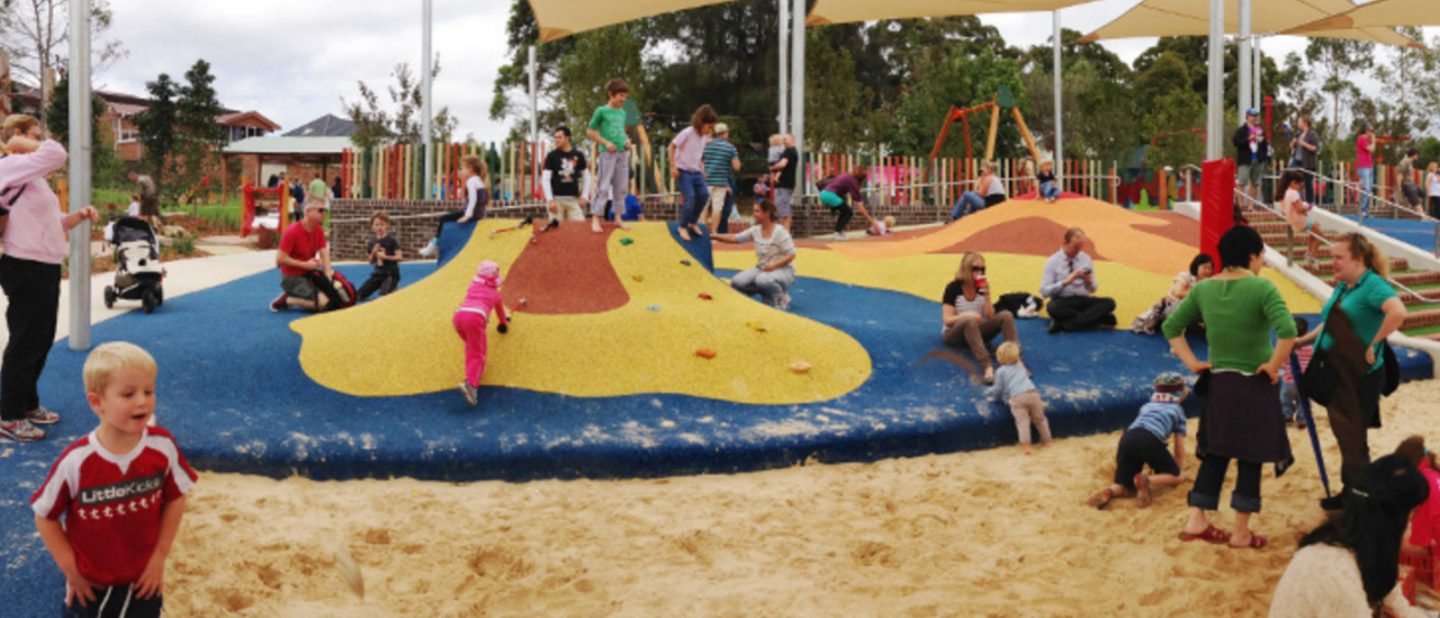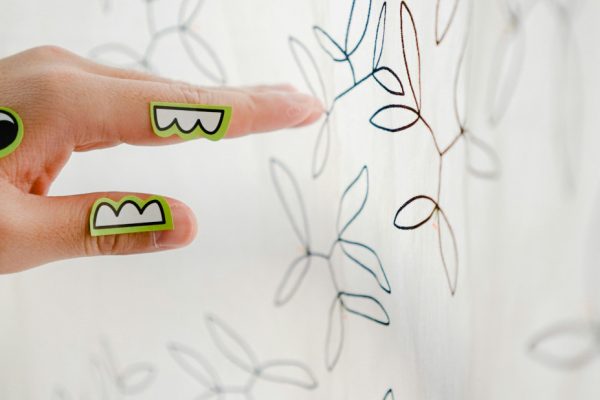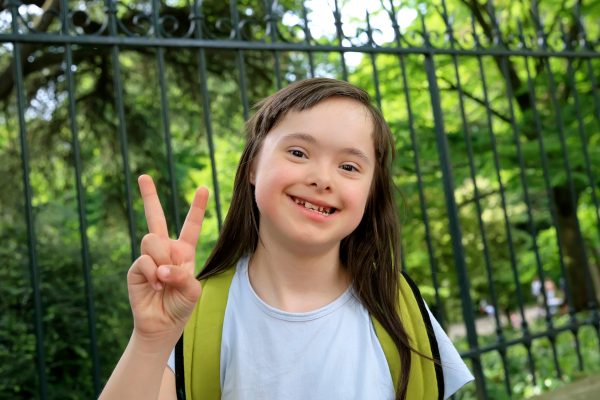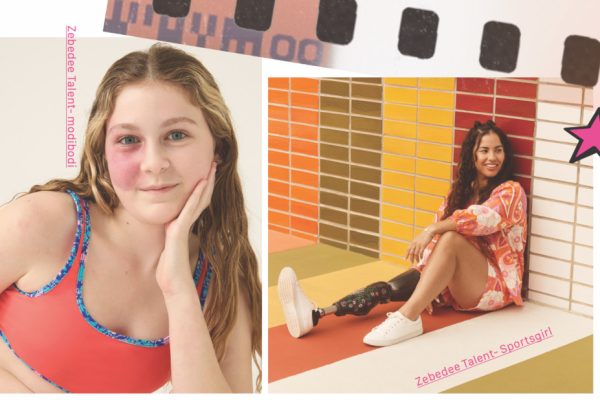
Everybody wins: why we need to make play more inclusive
Imagine…It’s a sunny morning and you decide to take your child to a playground, which is full of parents and carers enjoying each other’s company, surrounded by children laughing, playing and taking delight in the beautiful surroundings of the park.
Now imagine your child not being able to participate. They can only watch the other children playing and having fun.
Sadly, many families across our cities and town face this reality every single day, as about 300,000 children between 5 and 14 live with a disability.
This situation is simply not acceptable and we need to do much more to address this inequality. Our parks and playspaces are essential to the growth and development of our children. It is through play that children and young people learn to socialise, negotiate risk, challenge themselves, make friends, develop their imaginations and learn to make decisions.
Playgrounds and parks should be spaces where children of all abilities and from all walks of life can strive to work together to conquer challenges, imitate and learn from each other and build friendships, irrespective of physical or mental ability.
For the parents and carers, playspaces and parks are indispensable meeting points where support, friendship and relief can be found. Sometimes, just getting out of the house to walk to your local park might be the only outing a parent of a special needs child has for the day, so the importance of connecting with fellow parents and carers in an inclusive environment is paramount.
As the heart of our suburbs, our parks and playspaces must be places that welcome everyone, regardless of their ability and background. Through the creation of inclusive places, where children and carers of all abilities can come together to play and to support each other, our community will become more resilient, supportive, kinder and tolerant.
Work has started to ensure play is equal and available to all, but parents and helpers can help by asking what makes a playground inclusive? The NSW Government has recently invested significantly in the development of a new movement, supported by guidelines and grants.
THE EXTENSIVE INFORMATION INSIDE THE EVERYONE CAN PLAY IN NSW PROGRAM COULD BE SIMMERED DOWN TO THREE BASIC, COMMON SENSE QUESTIONS THAT CAN BE ASKED TO DETERMINE IF A PLAYGROUND IS INCLUSIVE:
Can I get there?
If you can’t get there, how are you going to participate? It is important to consider when designing an inclusive playspace the social connections and location on the community. Something as simple as being on the regular bus route can be a game changer.
When looking at the design, think about the layout. Are there any dangers? Where will you park? Is it easy to navigate? One of our friends is a mother with a visual impairment who lives close to a great, inclusive playspace. She can’t access it, though, as there is nowhere for her to safely cross the busy main road to get there.
A considered location and layout, adequate parking, signage and wayfinding with accessibility will ensure everyone can find their way to, in and around the playspace.
Can I play?
We know that not everyone can, or wants, to have the same play experience. But we urge designers to do the best they can to meet the needs of as many people as possible. The play experience as a whole, including the play equipment and surfacing, should enable everyone to experience a variety of challenging and engaging play opportunities in a way that suits them and is fun for everyone.
I’ll always advocate for experience over equipment. Social spaces, imaginative play, equipment that suits a multitude of needs and is adaptable in use can make an inclusive playspace really work.
Can I stay?
Making deep connections happens when you’re given time. Things like shade, seating, a water bubbler will extend the time you can stay and play, and make new mates. Sufficient consideration of safety, amenities and the wider environment and landscape will ensure everyone can stay at the playspace for as long as they would like. A good coffee nearby is always a draw card too!
Ultimately, every child has the right to play and experience the joy of play in a non-judgemental, safe and engaging environment. Inclusion should be an essential ingredient to every playground for ALL children, their families and friends to play and have fun.
If you’d like to see inclusion become the norm, become a champion. It’s as easy as writing a letter to your local councillor asking them where is your closest inclusive playspace – and if there’s not one, WHY NOT?
Touched by Olivia is a national charity building inclusion through play. This goal is achieved by the construction of inclusive playspaces that we call Livvi’s Place, in collaboration with communities, corporations and government. For more information, visit touchedbyolivia.com.au







